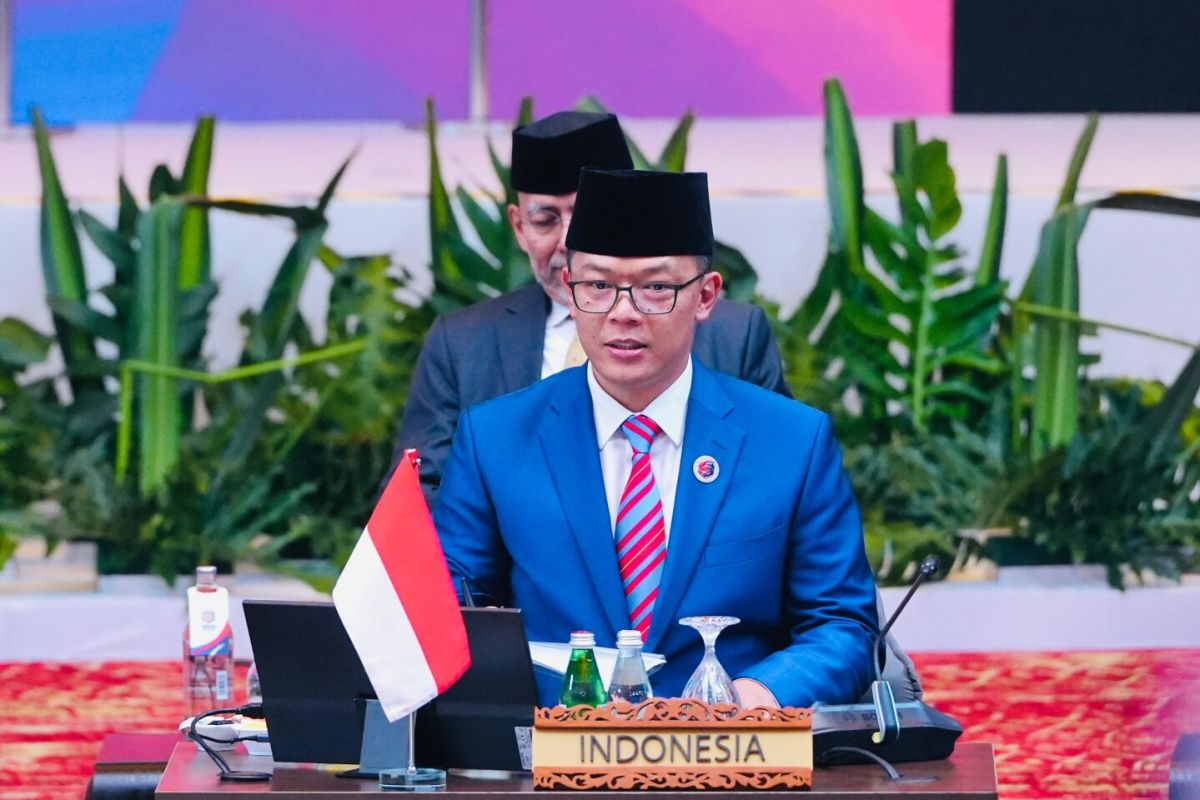Member countries of ASEAN expressed their concern about the ongoing crisis in Myanmar at the 58th ASEAN Foreign Ministers’ Meeting (AMM) in Kuala ...
Why it matters
- ASEAN's collective stance reflects the growing urgency of the humanitarian situation in Myanmar.
- The meeting signifies regional diplomatic efforts to address political instability and human rights violations.
- This dialogue may influence international responses and aid efforts in Myanmar.
At the 58th ASEAN Foreign Ministers’ Meeting held in Kuala Lumpur, member nations articulated their deep concerns regarding the persistent crisis in Myanmar. This gathering marked a critical moment as the ministers discussed the implications of the ongoing political instability and humanitarian issues affecting the country following the military coup in February 2021.
The foreign ministers of the Association of Southeast Asian Nations (ASEAN) acknowledged that the situation in Myanmar has reached a critical level, with escalating violence and widespread human rights abuses. They emphasized the necessity for a coordinated regional response to help restore peace and stability in the nation. The ministers called for a comprehensive approach to address the multifaceted challenges posed by the crisis, highlighting the urgent need for dialogue among all parties involved.
During the discussions, ASEAN leaders reiterated their commitment to the Five-Point Consensus, which was established in April 2021. This framework aims to promote an end to violence, facilitate humanitarian assistance, and encourage constructive dialogue among stakeholders. However, progress has been limited, and the ministers stressed the importance of accountability and adherence to international norms in resolving the crisis.
The foreign ministers expressed their concern over the deteriorating humanitarian situation, which has left millions of people in desperate need of assistance. Reports indicate that armed conflict has displaced over a million individuals, exacerbating the already dire conditions faced by many communities. The ASEAN leaders underscored the necessity for immediate access to humanitarian aid for those affected by the violence, urging all parties to allow aid workers to operate freely and safely.
In addition to humanitarian concerns, the ministers discussed the wider implications of the crisis on regional stability. The ongoing turmoil has led to an influx of refugees into neighboring countries, straining resources and creating security challenges. The ASEAN ministers recognized that a sustainable resolution in Myanmar is essential not only for the country's future but also for the broader stability of the Southeast Asian region.
Furthermore, the meeting served as a platform for ASEAN countries to express solidarity with the people of Myanmar. Several ministers emphasized the importance of listening to the voices of Myanmar’s citizens and ensuring that their rights and aspirations are taken into consideration in any future political framework. This sentiment was echoed by various civil society groups and international organizations, which have called for an inclusive political dialogue that encompasses all segments of Myanmar's society.
As the crisis continues to unfold, ASEAN's role in facilitating discussions and potential solutions remains critical. However, the organization faces challenges in navigating its principles of non-interference and consensus-based decision-making, which can hinder decisive action. The ministers acknowledged these obstacles but highlighted the need for innovative approaches to address the complexities of the situation.
The 58th AMM concluded with a commitment to continue monitoring the developments in Myanmar closely and to engage with various stakeholders to foster a conducive environment for dialogue. The foreign ministers also agreed to convene additional meetings to assess the situation and explore further steps that could be taken to support peace and stability in Myanmar.
As the international community watches closely, the actions taken by ASEAN in the coming weeks and months will be pivotal in shaping the future of Myanmar and the region. The ongoing discussions among ASEAN member states underscore the importance of collective regional efforts in addressing one of the most pressing crises in Southeast Asia today.











